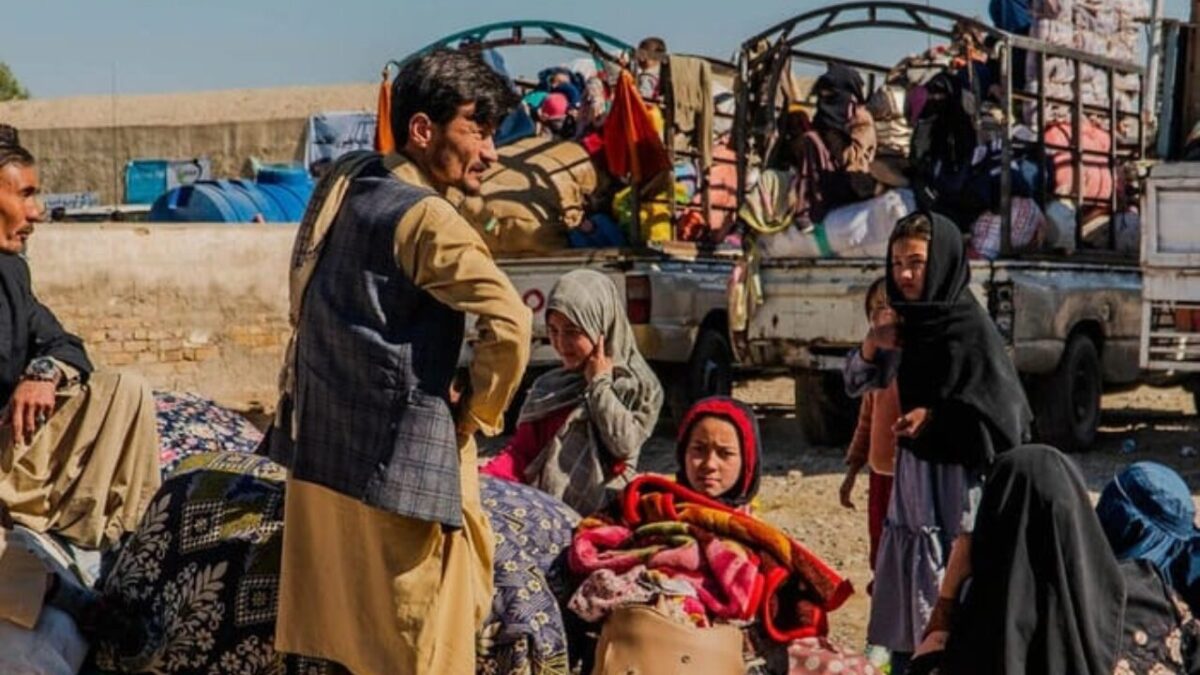KABUL, Afghanistan — At least 758 migrant families returned to Afghanistan from Pakistan and Iran in the past week, according to data compiled by Amu from Taliban statements.
Between February 15 and 22, Iran deported 505 families, while Pakistan expelled 253 families, with returns occurring both forcibly and voluntarily, the data shows.
Of those who returned, 151 families entered Afghanistan through the Torkham crossing, while 102 families used the Spin Boldak border. Meanwhile, 170 families crossed at the Silk Bridge border in Nimroz, and 335 families returned via the Islam Qala border with Iran.
The latest wave of expulsions follows the deportation of 449 Afghan families the previous week, when Iran removed 335 families and Pakistan expelled 114 families under similar conditions.
The United Nations High Commissioner for Refugees (UNHCR) estimates that Iran currently hosts at least 3.8 million Afghan refugees and refugee-like individuals, including over 1 million who have arrived since 2021, making it one of the world’s largest refugee-hosting countries. Despite economic challenges, Iran continues to provide Afghan refugees with access to health care and education through Smart ID Cards, which help regularize their documentation.
Pakistan, home to approximately 3.2 million Afghan refugees and other Afghan nationals, faces increasing scrutiny for its policies toward displaced Afghans. According to UNHCR, 76 percent of Afghan refugees in Pakistan are women and children, yet conditions have become increasingly difficult for them in recent years.





